ROSS INTERNATIONAL SYMPOSIUM
On Geochemistry for Sustainable Development (3rd Intl. Symp.)

Bio | CV | Publications
This major symposium is in honor of the distinguished work and lifetime achievements of Nancy Ross, a very well-known professional with deep impact on geochemistry and its applications for sustainable development.
Nancy Ross, 66, is currently a Professor in the Department of Geosciences and Materials Science and Engineering Department at Virginia Polytechnic Institute and State University (“Virginia Tech”) in Blacksburg, Virginia, U.S.A. Professor Ross grew up in Blacksburg and obtained her B.S. at Virginia Tech. She obtained her M.S. at the University of British Columbia and her Ph.D. at Arizona State University. After postdoctoral work in Stony Brook University and the Carnegie Institute of Washington, she joined the faculty at University College London, England. In 2000, she came full circle, returning to the Department of Geosciences at Virginia Tech as a full professor. She served as the first Associate Dean for Research and Graduate Studies in the newly-formed College of Science at Virginia Tech from 2003 to 2012. She chaired the Department of Geosciences from 2012 to 2017.
Professor Ross was initially drawn to the fields of mineralogy and geochemistry because of the inherent mathematical elegance of crystal structures at the atomic scale. As an undergraduate, she was fortunate to have classes from many of the “legends” in crystallography and mineralogy including Professor G.V. Gibbs who was beginning an exploration of how molecules mimic crystals using quantum mechanics. The field of computational modeling in mineralogy was just emerging at this time. Ross was among the first to model the behavior of minerals at high-pressure using quantum chemistry for her M.S. thesis. For her Ph.D., Ross was drawn to perform experiments to determine the thermodynamic properties of high-pressure phases that were just being synthesized in Japan. This was her “Eureka” moment when she discovered the link between lattice vibrations of materials and their thermodynamic properties. Ross realized the enormous potential of this link for not only predicting the stabilities of materials in pressure-temperature-compositional space but also to investigate and design new materials.
Ross was among the first to apply Raman spectroscopy to silicate minerals. She combined vibrational spectra, along calorimetric data to constrain many high-pressure phase transitions that guided geophysical studies of seismic discontinuities observed in the Earth’s mantle. Her studies have been regularly cited some 40 years after publication, demonstrating the enduring impact of her early breakthroughs in vibrational spectroscopy applied to mineral sciences.
Ross has been instrumental in generating a comprehensive body of equations of states for minerals and materials at widely varying pressure-temperature regimes relevant to the Earth, moon and other terrestrial bodies. In the1990’s, Ross became the globally recognized expert on compression mechanisms of framework structures. Her atomistic and vibrational approach to crystal chemistry complemented by her contributions to underlying first principles, along with her role in developing methods at non-ambient conditions have impacted the way researchers now approach mineral and materials physics.
Ross has also greatly expanded our knowledge of dense hydrous magnesium silicates that act as conveyors of water into the Earth. Her interest in hydration mechanisms of minerals, as well phonons, led her into the field of neutron science. She took leadership roles in the neutron community, championing the fields of mineralogy and geochemistry during development of powerful spallation sources worldwide. Ross has been a community builder throughout the design and construction of the pulsed-spallation neutron source at Oak Ridge National Laboratory in Oak Ridge, Tennessee, U.S.A. In addition to the location of hydrogen positions in crystal structures, she is using neutron scattering methods to reveal energetics of nanomaterials, lattice dynamics in flexible framework metal-organic structures, and the behavior of water molecules trapped on the surfaces of metal-oxide nanoparticles.
In addition to her experimental contributions, Ross’s theoretical work provides new insights into the bonding in minerals rendered by electron density distributions. Her study of “The incompressibility of atoms at high pressures” is a masterpiece of crystal chemistry spanning the past three decades.
Ross’s cumulative body of work on places her among the world’s leading experts on flexible framework structures that abound in natural and synthetic materials. She developed “rules” for predicting phase transitions in oxide perovskites. Her research has also included numerous functional materials, including aluminates, niobates, ferrites, sulfides and rare-earth phosphates. Ross’s most recent work includes exciting discoveries in halide perovskites and metal-organic frameworks that are of major technological importance.
Ross has organized numerous symposia and special sessions at international meetings and serves on numerous advisory committees. She has been recognized with many honors. Early in her career, she was awarded Fellowship of Mineralogical Society of America (MSA). She has served on the Council of MSA (2001-4) and she was selected as a Distinguished Lecturer for MSA (2011-2012) involving 3 tours and giving two lectures per visit at universities in North American and Europe. She was elected as Vice-President of MSA (2008-2009) and as President of MSA (2090-2010). She is currently a candidate for the position of First Vice President of the International Mineralogical Association (IMA). Ross also served as Principal Editor of Elements (2017-2020), an international magazine of mineralogy, petrology, and geochemistry. She was awarded Honorary Fellowship of the Societá di Mineralogia e Petrologia, Italy (2014) and Fellowship of Geological Society of America, U.S.A. (2016). In September 2024 she will receive the Roebling Medal, the highest honor of the Mineralogical Society of America, for her influential role in applying lattice dynamics and principles of atomic bonding and structure to derive governing principles of mineral stability and phase transitions, and for leadership in expanding the scope of mineral sciences with neutron sources.
Professor Ross is currently expanding her research to encompass new horizons that are directly applicable to the SIPS Symposium. She is exploring the fate of plastics in our environment. By 2050, it is estimated that there will be enough plastic waste in the environment to cover the entire surface of the Earth in a thin layer of plastic. These organic polymers are relatively inert, insoluble in water, resistant to much biological decay and chemical attack so their degradation is a slow process. While some common forms of plastic float in water, other forms have greater densities so they sink. Remarkably, plastics are found in deep ocean sediments where colder temperatures and lack of ultraviolet light are favorable for their preservation. Ross is also interested in the application of geological methods in the field of archaeology. She is using Raman spectroscopy to explore the origins of artifacts that are revealing complex global trade routes that were in existence thousands of years ago, along with resources that were being discovered and utilized for making new materials. These materials provided new sources of energy, new construction materials, new weapons and shielding for warfare, as well as for tools used in daily life. She is exploring the reconstruction of past histories that provide valuable lessons for the future and for the creation of a sustainable society.
ROUND TABLE DISCUSSIONS
A round table discussion open to everyone interested will be organized during the symposium. This will allow high level representatives of various industries, technologies, and academic disciplines to discuss and debate freely, without reservations, all topics of this symposium and identify possible research and development pathways towards a future industry with increased sustainability. Click here for a description of the topics of symposium and the round table.
You are cordially invited to actively participate in this symposium by submitting and presenting a paper, or by attending the round table. We look forward to meeting you at the 2024 SIPS summit in Crete.
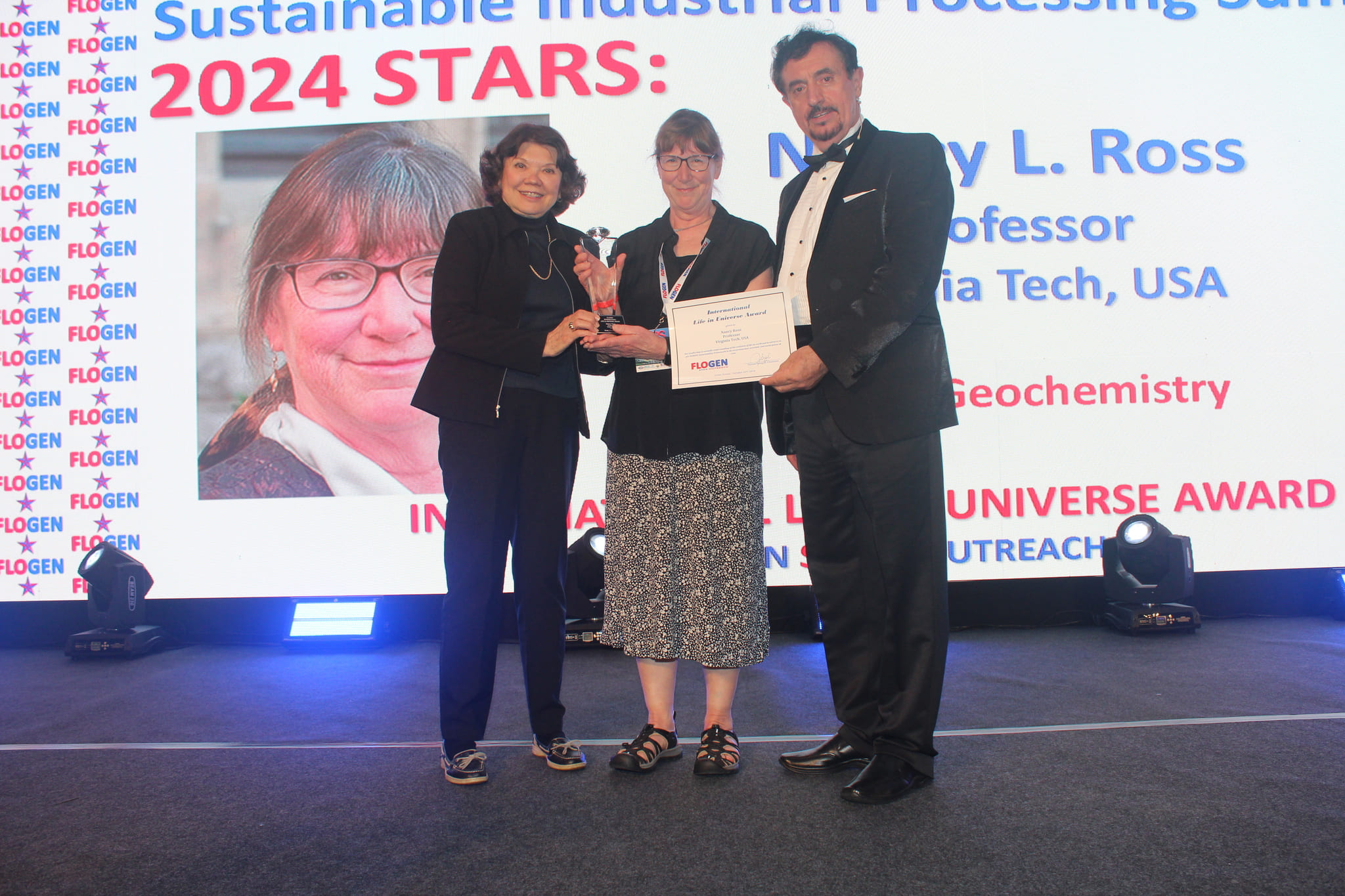
Dr. Nancy Ross receiving the International Life in Universe Award from Dr. Florian Kongoli at FLOGEN SIPS 2024
Lifetime photos can be viewed here:
Nancy_Ross_PPT.pptx
Click here to see the detailed scope and topics.To download Flyer, click on the icon:

 Click here to see the General Author Invitation: https://www.flogen.org/sips2024/invitations/Geochemistry_General_Author_Invitation.htmlClick here to see the Social Media Text: https://www.flogen.org/sips2024/socialmediatext/Geochemistry_Social_Media_Text.htmlClick here to see other resources for this symposium: https://www.flogen.org/sips2024/symresources.php?sym=67Click here to view the list of abstracts for this symposium: https://www.flogen.org/sips2024/technical_program.php?a=735b90b4568125ed6c3f678819b6e058
Click here to see the General Author Invitation: https://www.flogen.org/sips2024/invitations/Geochemistry_General_Author_Invitation.htmlClick here to see the Social Media Text: https://www.flogen.org/sips2024/socialmediatext/Geochemistry_Social_Media_Text.htmlClick here to see other resources for this symposium: https://www.flogen.org/sips2024/symresources.php?sym=67Click here to view the list of abstracts for this symposium: https://www.flogen.org/sips2024/technical_program.php?a=735b90b4568125ed6c3f678819b6e058CHAIRS
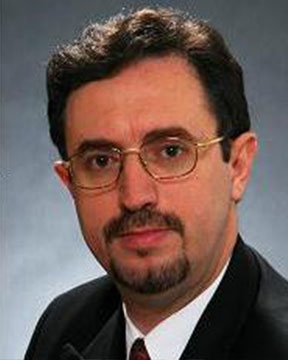
Dr. Florian
KongoliCEO/President
FLOGEN TechnologiesCanada,
[Bio]
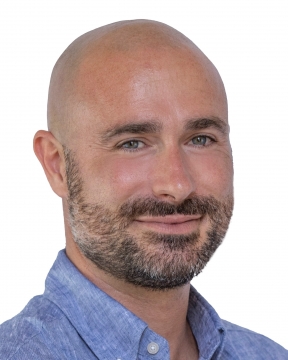
Dr. Matteo
AlvaroProfessor
U. of PaviaItaly,
[Bio]
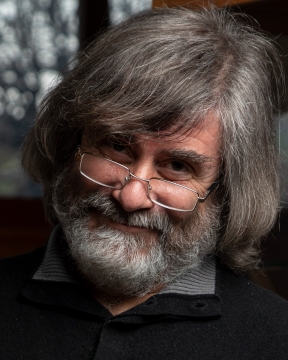
Dr. Gilberto
ArtioliProfessor
U. of PadovaItaly,
[Bio]
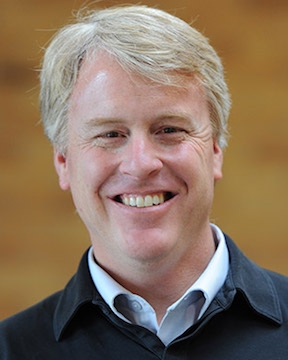
Dr. Mark
AstaProfessor
U. of California, BerkeleyUSA,
[Bio]
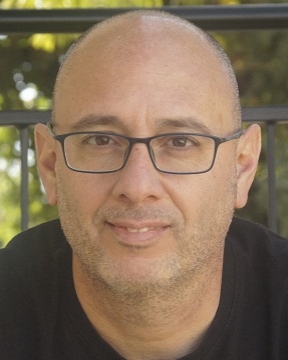
Dr. Shmulik
HayunProfessor
Ben-Gurion U. of the NegevIsrael,
[Bio]
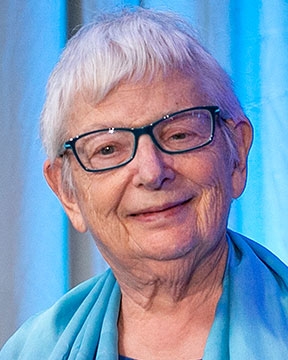
Dr. Alexandra
NavrotskyProfessor
Arizona State U.USA,
[Bio]
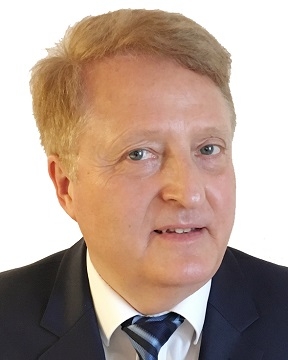
Dr. Ralf
RiedelProfessor
Technical U. of DarmstadtGermany,
[Bio]
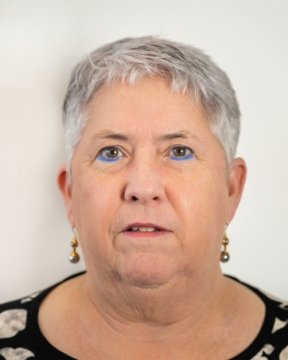
Dr. Sharon Webb
Professor
U. of Göttingen
Germany







